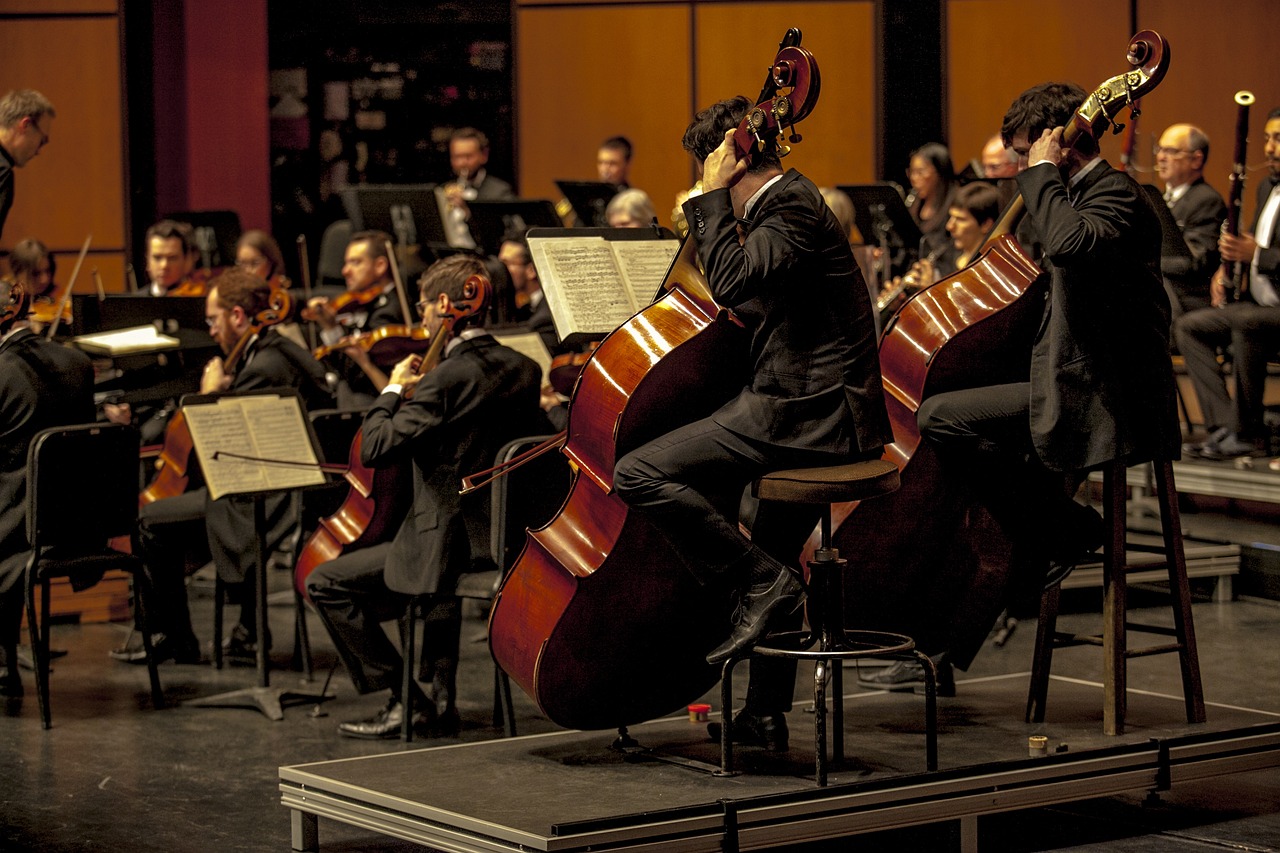
A fun habit can help relieve anxiety
Anxiety is a problem for many – especially Generation Z. But this fun habit can make a difference.
Everyone has anxiety sometimes, but when it lasts longer, it can cause further problems. Insomnia, depression, gastrointestinal problems, and more can result. Generation Z is more stressed than older generations. Those ages 18 to 34 report their average stress level is 6 out of 10, compared to 3.4 for those over 65, according to the APA's Stress in America 2023 survey. Last year, the younger generation reported their average stress level was 5.8. But a fun habit can help ease anxiety, and it can be done in most places.
RELATED TOPICS: Hanging out with dogs for so long is enough to relieve pain
Listening to music can relax and calm you down. Research confirms these personal experiences with music. Current evidence shows that music at around 60 beats per minute can cause the brain to synchronize to the beat, causing alpha brain waves (frequencies of 8 to 14 hertz, or cycles per second). These alpha brain waves are present when we are relaxed and conscious.
Photo by Malte Wingen via Unsplash
Another study, published in the journal Plos One and conducted by a group of Canadian researchers from Ryerson University, used music and Auditory Beat Stimulation (ABS), a sound that combines tones and plays them in one ear or the other, stimulating the brain. ABS is an interesting method that tries to relieve anxiety in the least invasive way possible, without using medication.
The study looked at 163 patients who were already taking anti-anxiety medications. They were instructed to listen to relaxing music, ABS sessions, both, or “pink noise,” a sound similar to white noise. Participants listened to these sessions for 24 minutes, with an artificial intelligence device choosing the music based on the participant's mood.
RELATED TOPICS: 5 Morning Activities That Will Help You Feel Happier
The researchers found that participants with moderate levels of anxiety experienced the greatest benefits after listening to music and ABS. Participants with high levels of anxiety benefited more from listening to music alone than the group that listened to ABS.
“The results of this study are exciting because they show that personalized music holds promise for effectively reducing anxiety in certain populations suffering from anxiety,” the researchers write.
Music has long been associated with anti-anxiety properties, but there have not been many studies examining it from a scientific perspective. Today, with so many options for remote and digital treatment, exploring auditory stress relief tools seems like a worthwhile investigation that could provide relief for many people.

Post a comment: